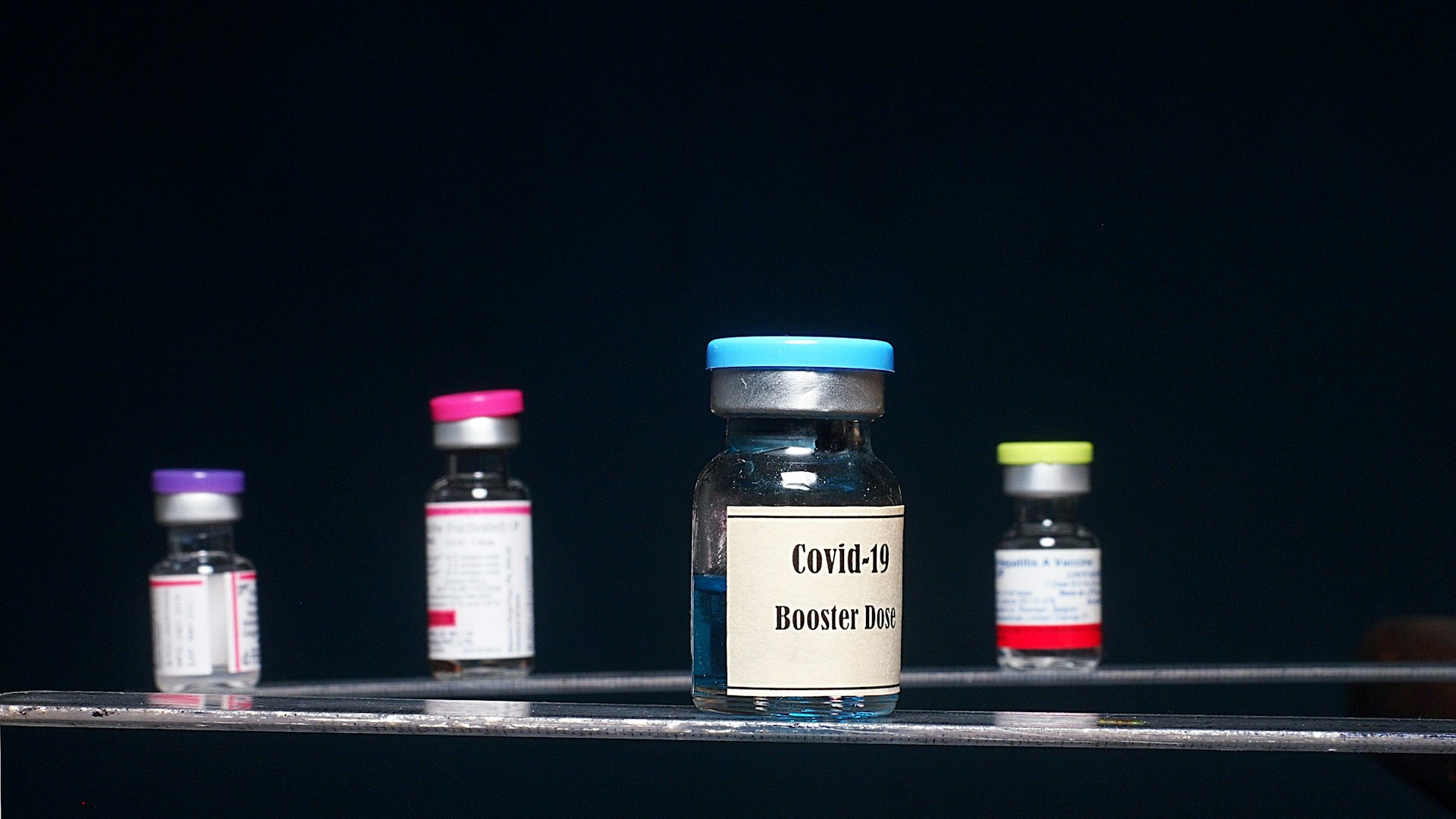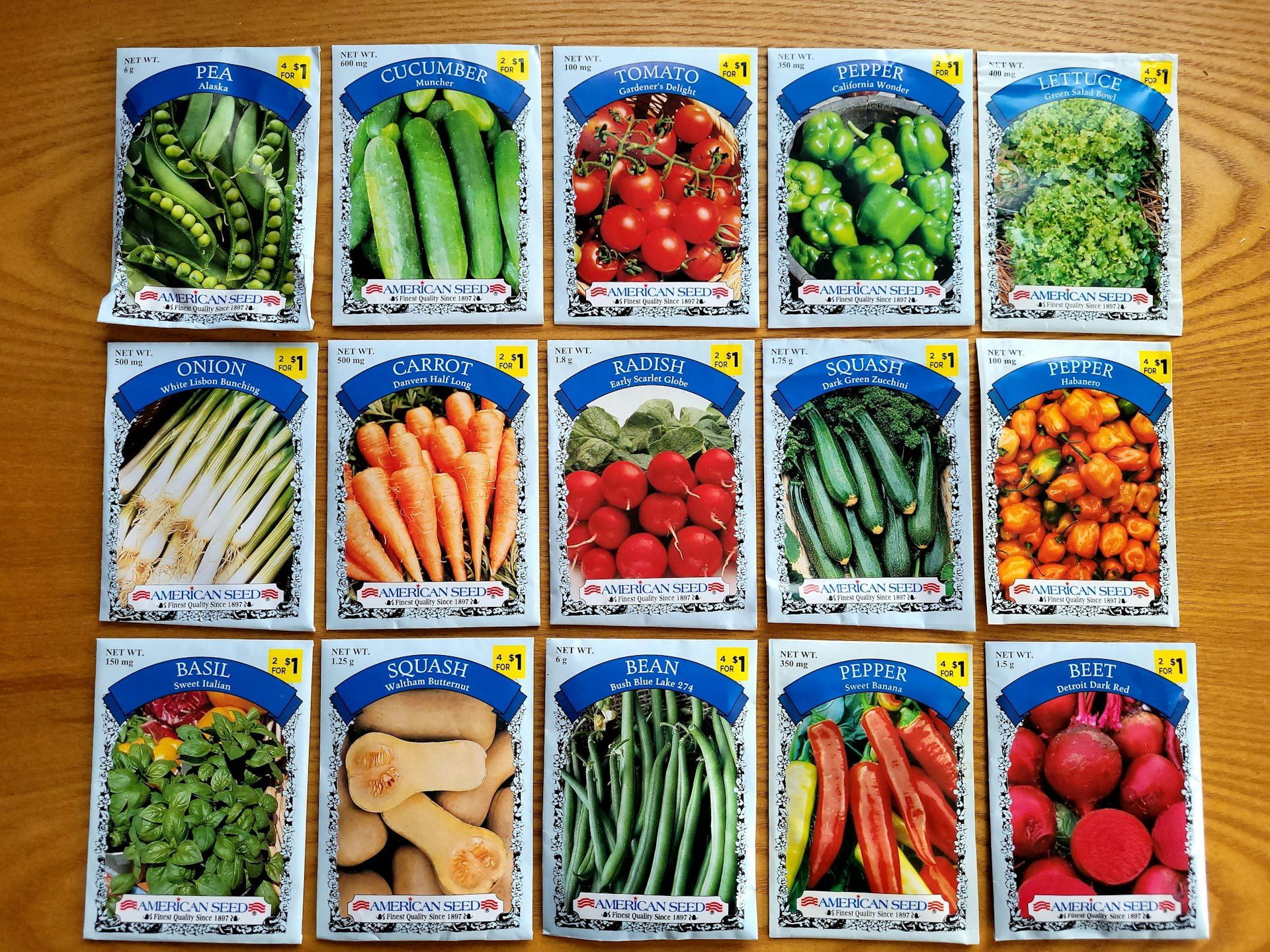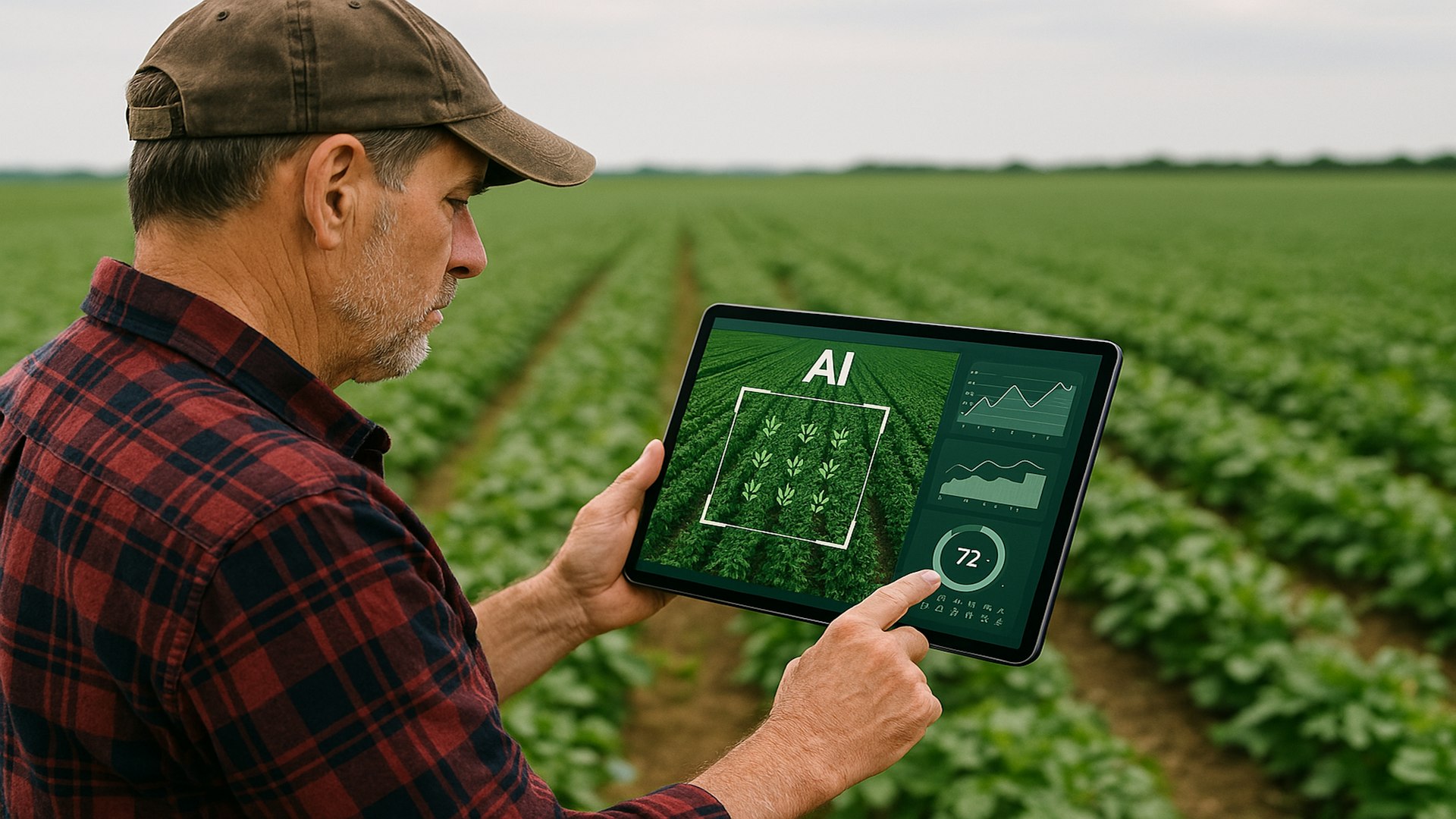Unlocking Growth: Proven Digital Marketing Funnels for Real Estate Success

Photo by Cosmin Serban on Unsplash
Understanding Digital Marketing Funnels in Real Estate
Real estate is a fiercely competitive sector where client attention is hard-won and transactions are high-value. A digital marketing funnel is a systematic process that guides potential buyers or sellers from their first interaction with your brand to the final transaction. These funnels are invaluable tools for real estate professionals aiming to maximize lead generation, nurture prospects, and ultimately close more deals. Each stage of the funnel-awareness, interest, desire, and action-plays a distinct role in building trust and moving leads closer to conversion [3] .
Key Stages of an Effective Real Estate Digital Marketing Funnel
1. Awareness
This initial stage focuses on reaching a broad audience to build brand recognition and attract new leads. Effective strategies include:
- SEO-optimized Content: Publishing well-researched blog posts, neighborhood guides, and market insights can significantly boost website traffic. For example, one agency utilized targeted SEO to increase site visitors by 200% [1] .
- Social Media Advertising: Running targeted ads on platforms like Facebook, Instagram, and LinkedIn helps reach potential buyers and sellers where they spend time online [2] .
- Video Marketing: Creating virtual tours and neighborhood highlight reels, then sharing on YouTube and social media, can generate high engagement and introduce your services to a larger audience.
Implementation Tip:
Start by identifying your target audience and selecting the most relevant channels. Monitor engagement metrics to refine your messaging and targeting over time.
2. Interest and Evaluation
Once you’ve attracted attention, the next step is to cultivate interest and build a relationship. Offer valuable content and establish credibility through:
- Email Marketing: Use lead magnets such as market reports, homebuyer checklists, or e-books in exchange for email addresses. Set up drip campaigns that deliver ongoing value and keep your audience engaged [3] .
- Educational Webinars: Hosting free webinars on topics like “How to Buy Your First Home” or “Market Trends for Sellers” can position you as a trusted expert.
- Personalized Follow-Ups: Automated but personalized emails and text messages help maintain consistent communication while demonstrating attentiveness.
Real-World Example:
One agency implemented automated email campaigns sharing local market information, resulting in a 50% increase in property showing requests
[1]
.
3. Desire
At this stage, prospects are evaluating options and considering whether to engage your services or view specific properties. To foster desire:
- Client Testimonials: Display positive reviews and success stories to build trust and provide social proof.
- Compelling Offers: Offer free consultations, market evaluations, or exclusive property previews to incentivize prospects to take the next step [3] .
- Virtual Tours and Interactive Tools: Providing interactive property tours or mortgage calculators can help prospects imagine themselves in the home and move closer to a decision.
Implementation Guidance:
Regularly update your testimonials and offers based on feedback and performance data. Consider segmenting your offers based on audience type (first-time buyers, investors, sellers).
4. Action
This is the conversion stage where prospects become clients by scheduling a showing, signing a contract, or listing their property. Effective conversion tactics include:
- Streamlined Contact Forms: Ensure your website and landing pages have easy-to-use forms for scheduling appointments, requesting information, or starting the buying/selling process [5] .
- CRM Integration: Use customer relationship management systems to track leads, manage communication, and automate follow-ups. Solutions like Salesmate offer built-in calling, texting, and automated workflows to streamline this process [4] .
- Transaction Support: Coordinate with legal and financial advisors to facilitate smooth closings and provide guidance on paperwork, making the experience frictionless for clients [2] .
Steps to Access Services:
To implement these tactics, you can:
- Research and select a reputable CRM with marketing automation features (e.g., Salesmate, Dotloop, Skyslope).
- Consult with your website developer or use a website builder to optimize contact and lead capture forms.
- Build relationships with local legal and financial professionals to support your clients through the transaction process.
Essential Components of Real Estate Digital Marketing Funnels
To maximize the effectiveness of your funnel, focus on three core elements:

Photo by Thea Hdc on Unsplash
- Value-Driven Offers: Clearly communicate what sets your services apart-be it local expertise, property access, or negotiation skills.
- Lead Capture Systems: Use various methods (website forms, live event sign-ins, downloadable resources) to collect contact details and permission to follow up [5] .
- Consistent Follow-Up: Implement automated systems for timely email, text, and phone follow-ups to ensure no lead slips through the cracks. A CRM can be invaluable for managing this process [4] .
Implementation Steps:
Consider starting with a simple funnel-such as a landing page with a downloadable guide and an email drip campaign-before advancing to more complex automations.
Real-World Case Studies
Examining successful examples can inform your own strategy:
- SEO-Driven Growth: An agency increased web traffic by 200% through targeted blogging and keyword optimization, then converted visitors into leads with gated content [1] .
- Email Campaign Success: Automated educational emails led to a 50% uptick in showing requests, demonstrating the power of value-driven nurturing.
- Social Media Lead Generation: Facebook ad campaigns targeting first-time buyers resulted in a 300% increase in leads, highlighting the potential of digital outreach [1] .
Challenges and Solutions
Building an effective digital marketing funnel requires overcoming several hurdles:
- Lead Quality: Not all leads are ready to transact. Qualify leads by using targeted content and follow-up questions to assess readiness.
- Consistent Follow-Up: Manual follow-up can be time-consuming. Automated workflows and reminders in your CRM can ensure every lead receives timely attention [4] .
- Technology Integration: Integrating multiple tools (CRM, email platform, website, transaction management software) can be challenging. Start with one platform and expand functionality as your business grows.
Alternative Approaches:
If you are not ready for full automation, consider outsourcing digital marketing tasks to specialized agencies or leveraging pre-built templates from reputable service providers.
Getting Started: Step-by-Step Implementation Guide
- Define Your Audience: Identify your ideal clients by analyzing previous transactions and market trends.
- Develop Value Offers: Create lead magnets tailored to your audience’s needs, such as home valuation reports or neighborhood insights.
- Set Up Lead Capture: Optimize your website, landing pages, and event sign-ins to collect contact information.
- Build Nurture Campaigns: Use email marketing tools to send regular, valuable content that addresses common questions and pain points.
- Implement CRM: Choose a CRM that matches your business size and integrates with your other digital tools.
- Analyze and Refine: Review funnel analytics regularly to identify drop-off points and optimize each stage for better results.
If you need help selecting software, you can search for reviews by entering terms like “best real estate CRM 2025” or consult with a local digital marketing consultant. For more advanced automation, many real estate professionals turn to agency partners or software providers that offer full-service funnel solutions.
Key Takeaways and Next Steps
A well-structured digital marketing funnel can transform your real estate business by systematically attracting, nurturing, and converting leads. Start with foundational strategies-such as a clear value proposition, robust lead capture, and consistent automated follow-up-then refine your approach using performance data and client feedback. As you grow, explore more advanced tools and tactics for continued success.
References
- [1] eFinancialModels (2024). Real Estate Funnel Examples: From Basics to Advanced.
- [2] Nimble (2024). Best Examples of Sales Funnels for Real Estate.
- [3] Constant Contact (2024). How To Build a Real Estate Sales Funnel in 4 Easy Steps.
- [4] Salesmate (2024). Real Estate Sales Funnel: Definition, Stages, Tips & Tricks.
- [5] Luxury Presence (2024). How to Generate Real Estate Deals With a Marketing Funnel.
MORE FROM feelmydeal.com













